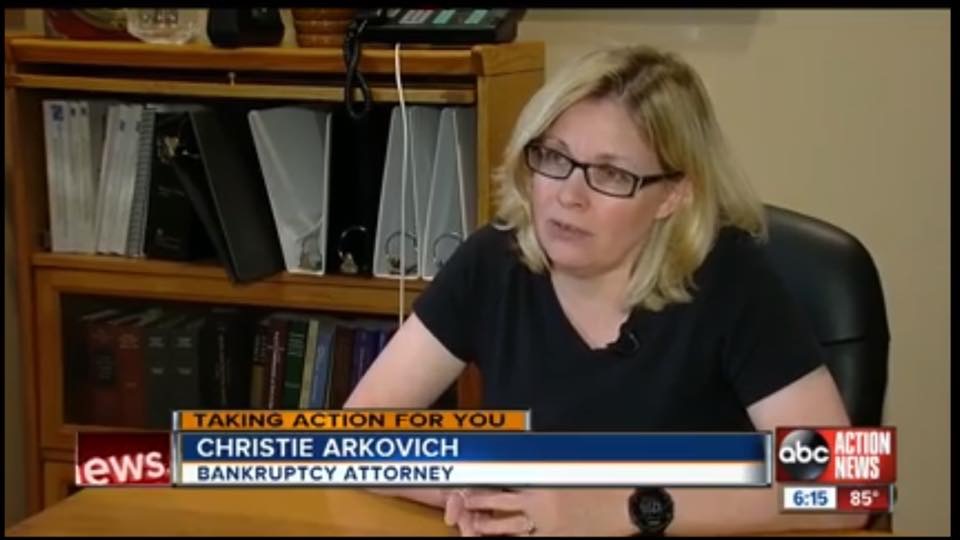
We are about to file a case in the Orlando Division this week based upon the recent discharge of private student loan debt for a non-accredited school that was not listed on the Federal Codes List. We are relying upon a decision last Spring In re Decena, 549 B.R. 11 (Bankr. E.D. N.Y. 2016), where debts owed on private loans to attend a “for-profit” university not accredited by the United States fell within the exception to discharge of § 523(a)(8). See also In re: Meyer, Case No. 15-13193 (Bankr. N.D. Ohio 2016) and In re: Swenson, Case No. 16-00022 (Bankr. W.D. Wis. 2016).
Unfortunately, I just learned today that In re Decena was just reversed on other grounds on November 29, 2016 when it came to light that the service was improper. We noted the zip code they used in their service was incorrect last week when we were putting the finishing touches on our Complaint. Then today I read that the decision was overturned because the bank, Citizens Bank, was served by U.S. Mail rather than certified mail on an officer of the bank as required.
Fortunately, two other jurisdictions in Ohio and Wisconsin agreed with the analysis put forth in In re Decena and are good law. It is not likely that the New York Judge in In re Decena will materially change his position after service is properly effectuated and the saga continues, but… you never know.
 Reboot Your Life: Tampa Student Loan and Bankruptcy Attorney Blog
Reboot Your Life: Tampa Student Loan and Bankruptcy Attorney Blog





